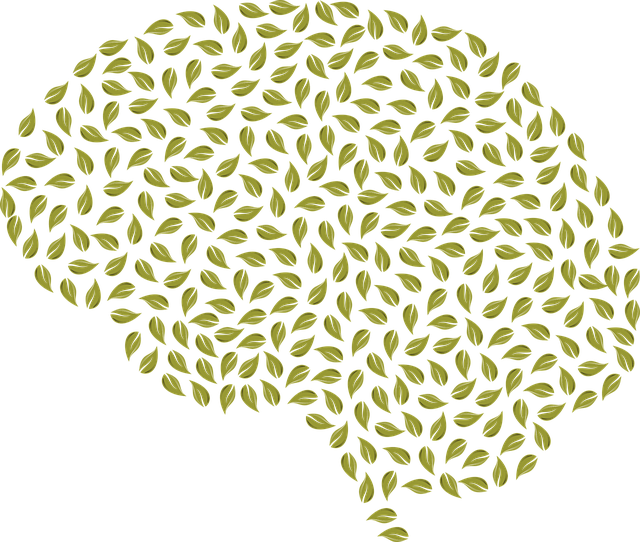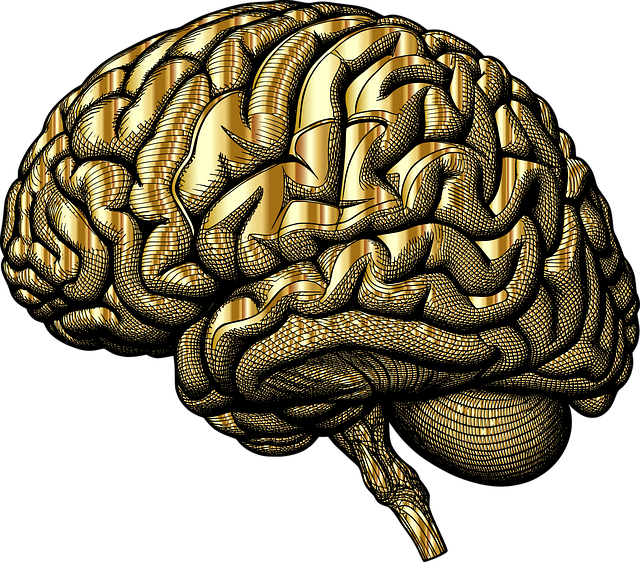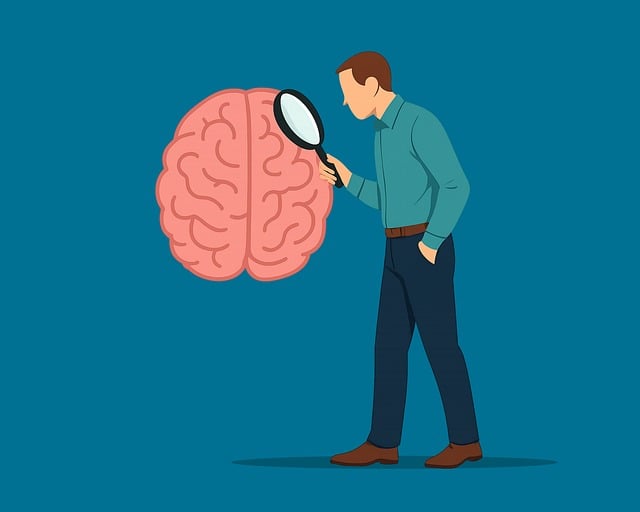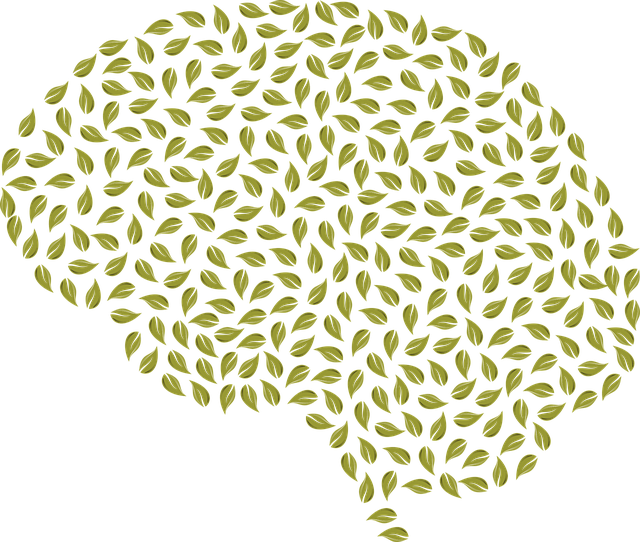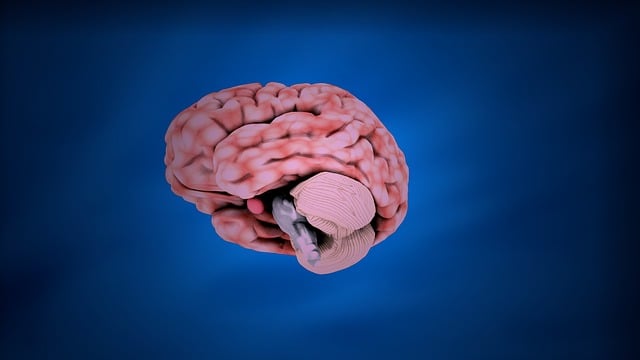Understanding mental health is crucial for developing self-care routines. Recognize signs of distress and consider Cognitive Processing Therapy (CPT), an evidence-based approach that helps young adults manage negative thoughts and improve emotional regulation. Building a personalized self-care routine integrating therapy, mindfulness, and journaling enhances mental wellness. CPT empowers individuals to reframe cognitive distortions, improving resilience against stress, anxiety, and depression. Community support and professional guidance, including mental wellness coaching, foster sustainable practices for overall emotional well-being.
“Uncover the path to optimal mental wellness with our comprehensive guide. In today’s fast-paced world, prioritizing self-care is essential for overall health. We explore effective strategies, focusing on Cognitive Processing Therapy—a game-changer for young adults navigating mental health challenges.
Learn to recognize signs and seek support, then build a personalized routine integrating cognitive techniques. Discover the power of community and professional help to foster sustained wellness. This article empowers you to take control, enhance your well-being, and thrive.”
- Understanding Your Mental Health: Recognizing Signs and Seeking Support
- Cognitive Processing Therapy: A Powerful Tool for Young Adults
- Building a Personalized Self-Care Routine: Essential Components
- Integrating Cognitive Techniques into Daily Life
- The Role of Community and Professional Help in Sustaining Wellness
Understanding Your Mental Health: Recognizing Signs and Seeking Support

Understanding your mental health is a crucial step in developing a self-care routine that supports your well-being. It involves recognizing the signs and symptoms that something may be off, whether it’s persistent feelings of sadness, anxiety, or changes in sleep and appetite. These signs could indicate various mental health concerns, from stress and depression to more severe conditions like anxiety disorders or bipolar disorder.
Seeking support is an essential part of this process. Therapy for young adults, such as Cognitive Processing Therapy (CPT), can be incredibly beneficial in helping individuals make sense of their experiences and develop effective coping mechanisms. CPT focuses on understanding and modifying negative thought patterns, thereby improving self-esteem, emotional regulation, and resilience building—key aspects in managing mental health challenges. By recognizing the need for help and taking that first step towards therapy, one can begin to navigate a path towards better mental wellness.
Cognitive Processing Therapy: A Powerful Tool for Young Adults

Cognitive Processing Therapy (CPT) has emerged as a highly effective tool for young adults navigating mental health challenges. This evidence-based approach focuses on modifying unhelpful thought patterns and behaviors, empowering individuals to take control of their emotional well-being promotion techniques. By identifying and challenging negative cognitive processes, CPT fosters inner strength development, enabling young adults to manage stress, anxiety, and depression more effectively.
The therapy encourages active participation and self-reflection through various exercises tailored to individual needs. These may include mindfulness meditation practices, which have been shown to enhance emotional regulation and overall mental clarity. By integrating CPT into their self-care routines, young adults can develop robust coping mechanisms, leading to improved resilience and a deeper sense of calm amidst life’s challenges.
Building a Personalized Self-Care Routine: Essential Components

Building a personalized self-care routine is an essential step towards prioritizing your mental wellness, especially for young adults navigating life’s challenges. It’s about creating a set of practices tailored to your unique needs and preferences, which can significantly impact your overall well-being. This process involves introspection and identifying activities that nurture your mind, body, and soul. Consider incorporating therapy, such as Cognitive Processing Therapy, which focuses on understanding and managing thoughts and emotions, as a powerful tool in developing self-care strategies.
Self-awareness exercises play a crucial role in this journey. They help you recognize triggers, patterns, and emotional responses, enabling better decision-making when it comes to self-care. Mental health awareness is key; understand that taking time for yourself is not selfish but necessary. Incorporate activities like meditation, journaling, or engaging in hobbies into your routine. Even considering professional support through mental wellness coaching programs can be a game-changer. These programs offer guidance and tools to develop and maintain a sustainable self-care routine, fostering resilience and promoting positive mental health practices.
Integrating Cognitive Techniques into Daily Life

Integrating cognitive techniques into daily life can significantly enhance mental wellness for young adults. Cognitive Processing Therapy (CPT), a form of crisis intervention guidance, helps individuals understand and reframe negative thought patterns. By practicing CPT exercises regularly, such as challenging cognitive distortions and reframing thoughts, one can develop more adaptive coping strategies. This therapy empowers individuals to navigate through stressful situations with improved emotional resilience.
Mental wellness coaching programs have also emerged as effective tools for promoting self-care routines. These programs offer tailored guidance on integrating mental health awareness into everyday life. Through regular sessions with a coach, young adults learn techniques like mindfulness meditation and stress management strategies, which are key components of a robust self-care routine. Such practices not only support better emotional regulation but also contribute to overall well-being, fostering a more balanced and fulfilling life.
The Role of Community and Professional Help in Sustaining Wellness

Building a robust mental wellness self-care routine is not just about individual efforts; it’s significantly enhanced by community support and professional guidance, especially for young adults navigating life’s challenges. Community engagement fosters a sense of belonging and provides a network of peers who can offer understanding, encouragement, and accountability in maintaining emotional well-being. This collective approach not only boosts confidence but also strengthens the resilience needed to overcome mental health hurdles.
Professional help, such as cognitive processing therapy, plays a pivotal role in sustaining wellness by providing specialized tools and strategies for managing stress, anxiety, and other common mental health issues among young adults. Through evidence-based techniques, therapists empower individuals to process traumatic experiences, reframe negative thought patterns, and develop effective coping mechanisms. Public awareness campaigns development and emotional well-being promotion techniques can further complement these efforts, ensuring that resources and support are accessible and tailored to the unique needs of this demographic.
Developing a mental wellness self-care routine is a transformative journey, especially when armed with cognitive processing therapy techniques. This approach, tailored for young adults, offers powerful tools to navigate and improve mental health. By recognizing signs early and seeking appropriate support, individuals can foster resilience. Integrating personalized self-care practices, including mindfulness and cognitive exercises, into daily life promotes sustained wellness. The article highlights the importance of community and professional help in this process, emphasizing that a holistic approach involving both personal initiative and external support is key to long-term mental health success.

